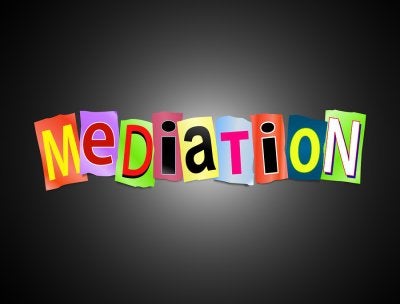Mediation can be an effective way to work toward a mutually agreeable divorce settlement. The mediation process is particularly ideal for spouses who must preserve a working relationship for the sake of their children. Although mediation is frequently used for divorces, plenty of myths about the process persist. If you’re thinking about trying mediation near Baltimore, consider talking to a lawyer about what you can expect. 
Myth: Divorce Mediators Are Similar to Family Therapists
Some spouses may hesitate to try mediation because of the mistaken belief that it is similar to marriage counseling or family therapy. However, mediators are not therapists, whose goal in that process is to save the marriage. The goal of mediation is to help the parties facilitate separation, resolve issues related to separation (division of property, division of debt, co-parenting, custody, visitation, child support, alimony, etc.).
Myth: Mediation Lengthens the Divorce Process
One of the most common myths about mediation is that it delays the finalization of a divorce. While this is possible, mediation usually shortens the process. When a divorce proceeding is particularly contentious, hammering out the details in court can take quite a while. On the other hand, if you and your spouse are able to reach an agreement during mediation, the mediator can draft the settlement agreement, which will speed up the divorce process..
Myth: Mediation Precludes the Need to Hire a Lawyer
Actually, lawyers can play a crucial role in mediation services. A lawyer can help you learn about your legal rights before you head into mediation as well as during the mediation process. He or she can help you through the negotiation process, suggest avenues toward settlement, and draft the settlement agreement.
Myth: One Spouse Typically Dominates Mediation Sessions
Not everyone has superb negotiating skills and an assertive personality. Fortunately, the mediation process can work for all types of people. During mediation, the neutral third-party balances the discussion to allow you and your spouse to discuss your respective positions.
Myth: Mediators Can Impose Binding Decisions
The mediation process puts control over the outcome back into the hands of each party. The mediator does not have the authority to force either party to accept a particular outcome. Sometimes, mediation fails to produce a settlement agreement. If the parties reach a roadblock on an issue, the mediator cannot act like a judge or arbitrator and resolve that issue. Instead, the parties will have to submit that issue to a judge to decide.


